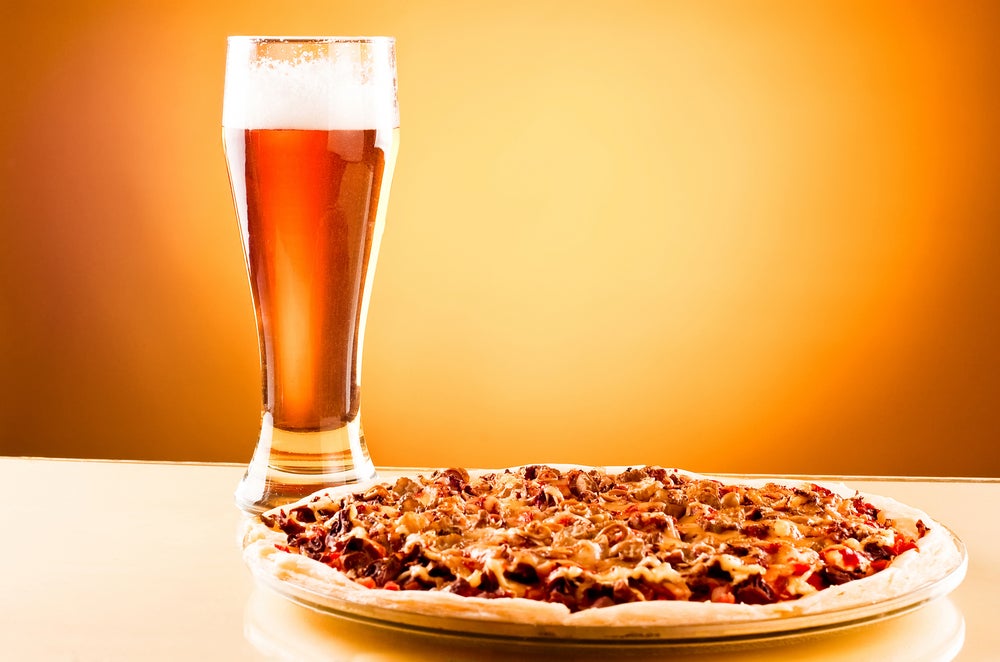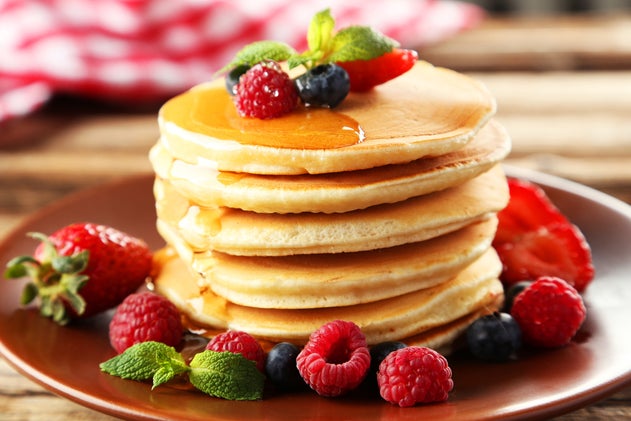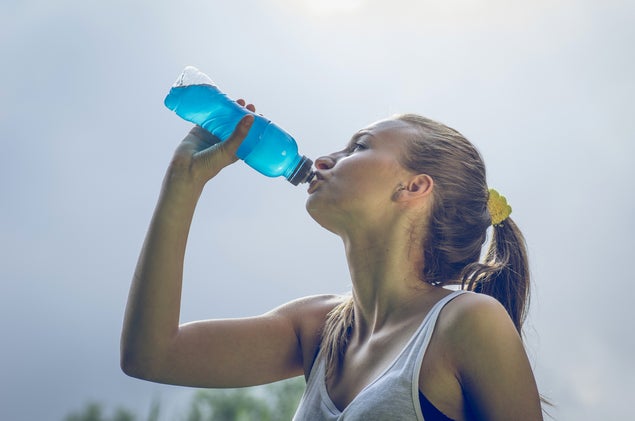4 Reasons You're Not Losing Weight

Photo: <a href=http://shutterstock.com>Shutterstock.com</a>

Q: I’m training for an Ironman and I thought I could eat whatever I want, but I’ve gained five pounds. What gives?
This is a pretty common scenario for many endurance athletes: Despite many hours training they find they still struggle with excess body fat. Or when they increase their training load, the number on the scale also increases. Here are some possible reasons why—and how you can shed those extra pounds.
1. You can never out-train a poor diet.
Using junk food as a reward for long hours in the saddle or for the hard yards in the pool is pretty common, but you’ll never improve body composition or race splits through good training followed by unhealthful, over-indulgent eating.
Solution: Reconsider the way you think about the reward relationship with food. You will feel and perform better when (re)fueling your workouts with fresh, whole foods, and those cravings for nutritionally void reward-based foods will gradually dissipate, especially when you see the changes to your body from omitting them.
RELATED – Racing Weight: The 8% Rule

2. Weight gain and loss are governed by hormones, not just calories.
Excessive endurance training without adequate rest and recovery can lead to elevated levels of the stress hormone cortisol. Stress—which can come from training hard while still holding down work and family commitments—is a surefire way to make your body hang on to every bit of energy (stored as fat) that it can.
Solution: Take your easy days easy and recover properly. Quality sleep and rest is as important as any workout. Support your body by filling up on anti-inflammatory fruits and veggies rich in antioxidants, and time your recovery meals and snacks appropriately.
RELATED – Racing Weight: It’s Easier To Say “Yes”

3. Hunger is not representative of energy burned.
As soon as you up the intensity and volume of your training, your body assumes it’s the new norm and you had better be fueling it—a lot. Of course what the body and the corresponding hunger signals do not recognize is that soon enough you are going to stop and eat a big breakfast before a mostly sedentary eight hours at your desk.
Solution: Keep the size of your breakfast, lunch and dinner consistent and consume extra calories/food needed for training directly before, during or after workouts.
RELATED – Racing Weight: Lose Weight Or Lose Fat?

4. Sports nutrition is calorie-dense yet nutrient-poor.
Training hard, long hours means most triathletes tend to rely heavily on processed sports foods—bars, gels and drinks—to get them through their training. Designed to support a PR in a race by supplying concentrated calories and prevent you dipping too far into your own energy stores (i.e. those stored in fat or muscle), means they are not ideal for actually burning excess calories. The high amount of sugar, untempered by fat or protein to slow down gastric absorption and reduce the insulin response, makes them superb as race fuel and lousy at keeping you satiated. Hence that gnawing hunger at the end of a long training ride despite a steady stream of sugary gels and drinks.
Solution: Stick as much as possible to real whole foods—gels and sports drinks are great for race days and for key workouts, but you need nutrients and sustenance most of the time. Try packing homemade bars, bananas, rice cakes and other real foods as training snacks.
RELATED – Racing Weight: The Benefits Of Eating A Big Breakfast